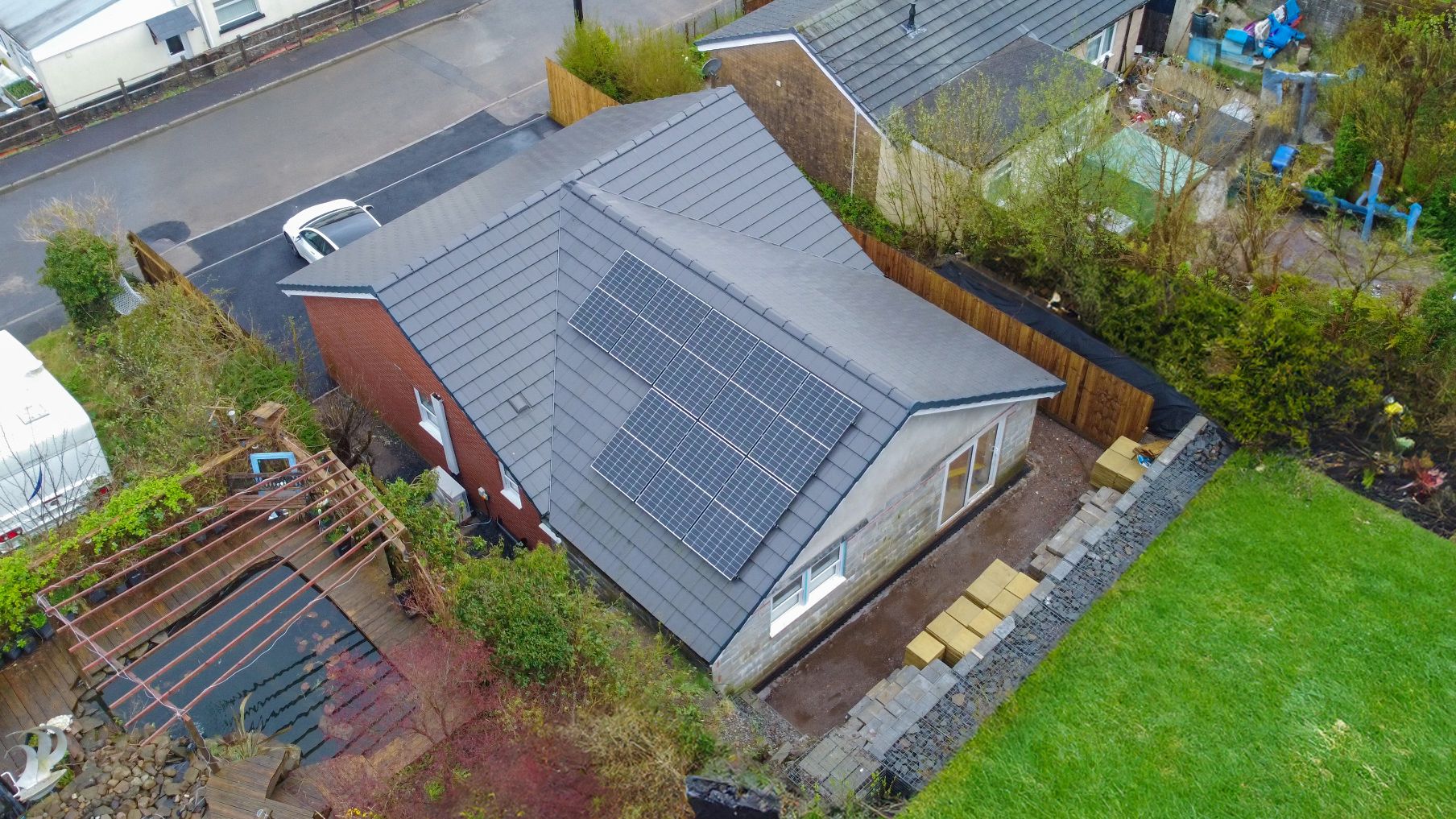In the United Kingdom, there is a growing trend towards the adoption of electric vehicles (EVs), presenting significant opportunities for a more environmentally sustainable future. As the use of EVs increases, there arises a genuine opportunity to integrate them with renewable energy sources such as wind and solar power. This integration holds the potential to significantly improve the sustainability of our transportation sector.
Recent reports from GOV.UK indicates a notable rise in the number of electric vehicles registered on UK roads. This shift signifies a departure from conventional petrol and diesel vehicles towards electric alternatives. The significance of this trend lies in the substantially lower emissions produced by electric vehicles compared to their traditional counterparts. This reduction in emissions is pivotal in addressing air pollution and combatting climate change, thereby fostering cleaner and healthier urban environments.
However, the transition to electric vehicles extends beyond mere changes in vehicle choice; it encompasses the source of power used to fuel these vehicles. This is where renewable energy becomes pivotal. Renewable sources like wind and solar power offer clean, abundant energy resources. By integrating these renewable sources into the charging infrastructure for electric vehicles, we can ensure that the energy consumed is derived from sustainable sources.
Imagine traversing the streets in your electric vehicle, knowing that the energy propelling it originates directly from the sun or wind. This knowledge provides a profound sense of satisfaction, as it signifies a personal contribution toward mitigating air pollution and greenhouse gas emissions. Moreover, renewable energy is a perpetual resource - unlike fossil fuels - ensuring its availability for future generations.
Furthermore, the integration of renewable energy with EV charging infrastructure can assist in balancing the demand for electricity on the grid, particularly during periods of heightened renewable energy generation. This enables us to optimize the utilization of renewable energy sources and diminish our reliance on fossil fuels for power generation.
Achieving this vision necessitates substantial investments in renewable energy infrastructure and EV charging facilities. Governments, businesses, and individuals all have roles to play in facilitating this transition towards cleaner transportation. Governments can implement incentives and enact policies to promote electric vehicle adoption and encourage connection to renewable energy sources. Businesses can invest in renewable energy projects and develop innovative solutions for EV charging. Likewise, individuals can opt for electric vehicles and actively support renewable energy initiatives within their communities.
In summary, the alignment of electric vehicles with renewable energy presents a promising avenue toward a more sustainable transportation sector. By harnessing the potential of solar, wind, and other renewable sources, we can significantly reduce emissions, confront climate change, and pave the way for a brighter future. Let us collectively commit to steering towards a cleaner tomorrow.



